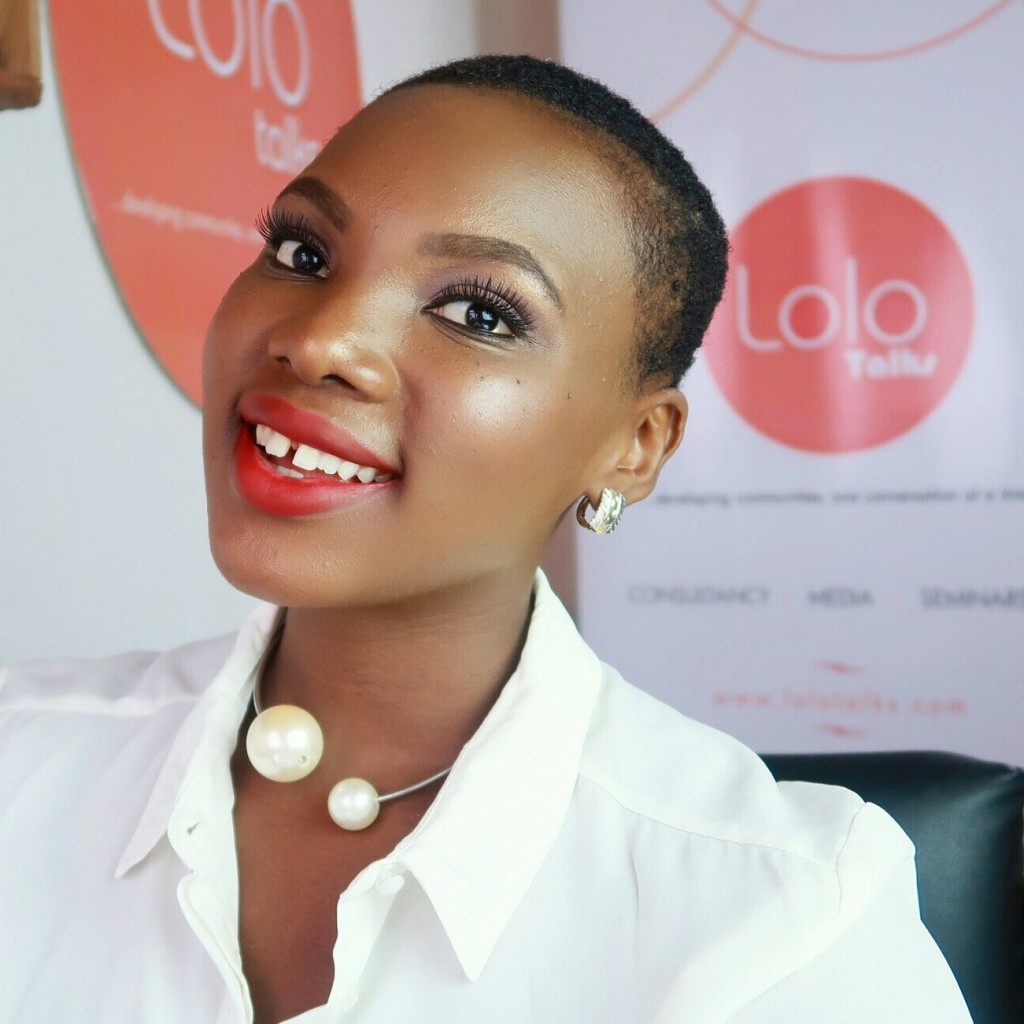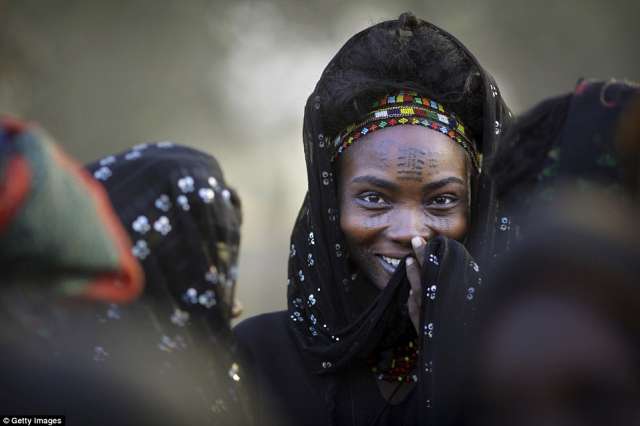Remember the one time when you were young and you stepped out at an African function and your aunty told you, “my dear, you better marry a Nigerian ohh”; or the time you were told: “I hope you know that your husband will be a Nigerian”. You wondered why they were even talking to you because you were only twelve years old.
Now, fast forward, and you are 28, getting ripe. To your aunties, probably overripe, looking for Mr. Right.
Of course, you have have your list of qualifications and requirements in hand: he must be this tall, have a degree, and hopefully not do drugs, never been to jail. Is the question of being Nigerian ever on the list?
People will always tell you love is blind; but is that because you choose not to see or play the cards you have been dealt? My mom says: “he that truly searcheth will find”. So, if you are really looking hard for a Nigerian spouse, won’t you get one?
We have all heard the rumors about the Yoruba demons or the wicked Igbo boys that every girl dates and swears she will never talk to a Nigerian man again, but they always come back. Obviously, everyone has different opinions and no one can stop love when it comes, but are you searching out for your dream Nigerian guy?
I can think of a few good reasons why:
Cultural Barrier
Nigerians have a rich culture, and so many different ethnic groups within a single nation. To find that you marry out of your nationality now, not only are they not from your country, they are also not your ethnicity. Wahala dey go.
Mixed weddings and cultural infusions are really cool in the photos, but Nigerian weddings are pretty complex and the last thing anyone wants to do is start trying to combine two completely different cultures into a perfect celebration on one night. Nevertheless, as previously stated, it can be done.
Preserve the Roots
A recent study by the National Geographic showed that by the year 2050, a majority of Americans will be multi-racial. Some say that this shows great strides ahead for the future of racial relations, but what does it say for the future of culture and ethnic backgrounds? Nigerians marrying Nigerians will have a great movement in preserving our culture for the coming generations. As a people, Nigerians have worked so hard to make their mark in the Western World; should we really allow our culture to evaporate for the sake of racial ambiguity?
Convenience
Needless to say, although a lot of people will disagree, it is easier to marry a Nigerian. Imagine all the nervousness you had in your heart when you had to introduce your significant other to your parents. You could either say, “Mom, this is my boyfriend and he’s from Ikeji” or “Mom, this is my boyfriend Alex and he’s…..(not Nigerian)”. There a lot of less cultural gaps to fill when someone is from the same country as you and a lot less stories to explain as well. Plus, he will understand why you drink Peak milk with your tea and bread or why you go to church on New Year’s Eve.
To sum it up, you will need to agree on religion, finance, and family planning as a couple to truly succeed as a Nigerian couple.
As many will argue, these are the reasons why a lot of Nigerian marriages fail. We will leave those for another discussion.
Love is love no matter how you name it and no matter who says I do. But for one Nigerian marriage enthusiast, the best way to fly is with green and white. Plus, Nigerian wedding photos make such great viral images on Instagram.
About Adanwa
The writer “adanwa” is a 20 year old Medical Student in the US. She enjoys reading, writing, cooking, staying fit, and blogging for carefreemedgirl.wordpress.com. Her friends would describe her as a Sports Fanatic and a Southern Belle. Needless to say, she is proud of her Nigerian heritage and is an advocate for African culture and society.
Source: Bellanaija.com





